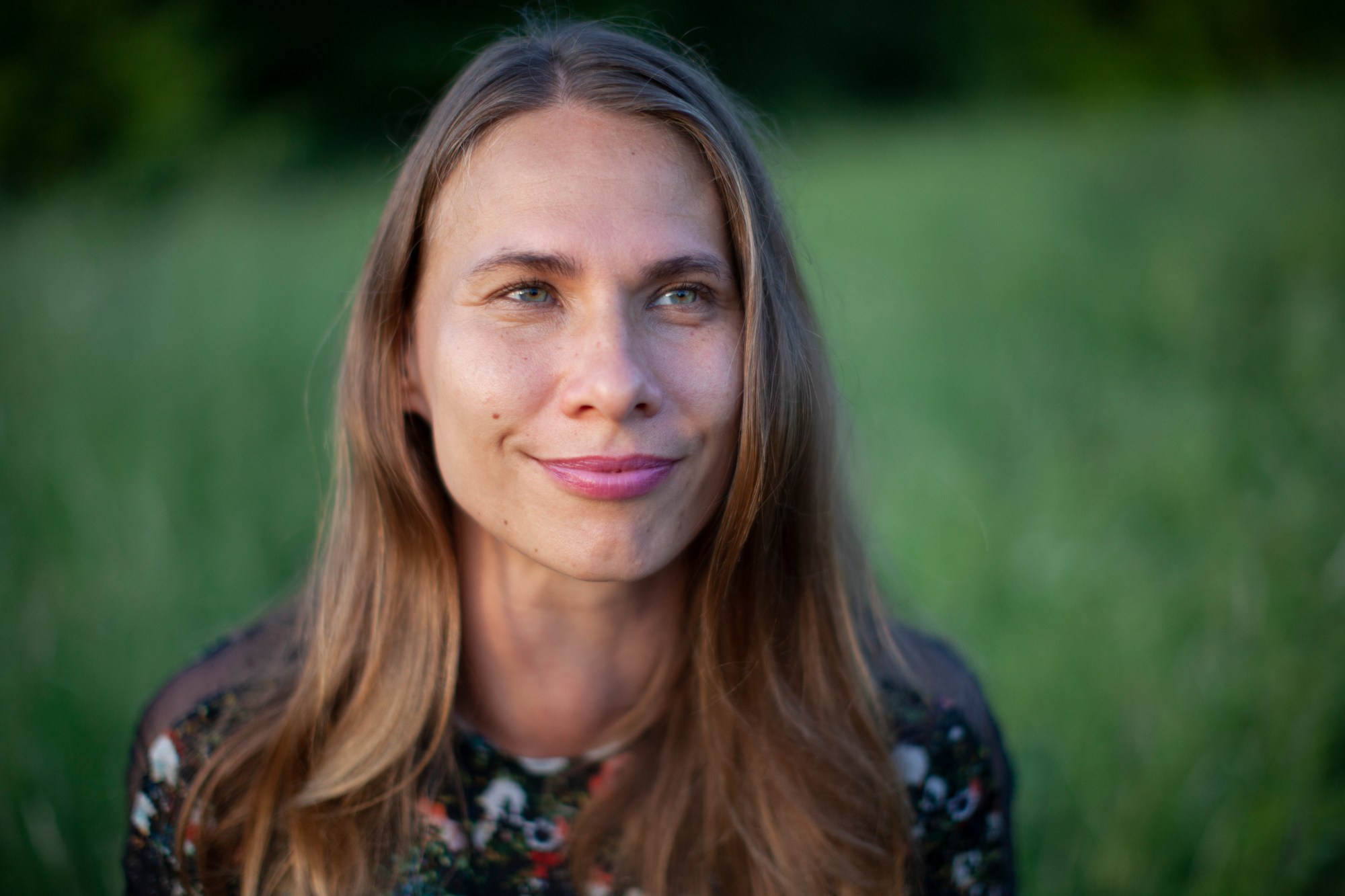
- Interviews
HFPA in Conversation: Jenni Kivistö’s Route from Finland to Colombia
Finnish filmmaker Jenni Kivistö wanted to make a poetic documentary about peace in Colombia with her co-director Jussi Rastas. Kivistö tells HFPA journalist Greet Ramaekers that there was so much hope in the air in 2016 but the peace agreement between the Revolutionary Armed Forces of Colombia and the Colombian Government plunged the country into chaos. Colombia In My Arms follows the lives of FARC guerrillas and coca cultivators for several months and deals with inequality, power, and colonialism.
“It turned out to be a really much harder film because of the conflict and the people we met who were in a really difficult position. Many coincidences happened and we met someone that knew the people that let us film them at the camp. It wasn’t really planned or anything, and the film really took us through this journey of one-and-a-half years of filming the Colombian conflicts.”
After a while, the atmosphere started to get really tense in the camp. “Around the camp, there were thousands of people, poor families cultivating coca, and they started to face really drastic critical situations and the fields were evacuated. There were really real conflict situations. And then we went to the city and there were massive demonstrations against this accord and what happened in politics.”
Kivistö has been living in Colombia for several years. She moved there for the first time in 2005. ”Colombia turned out to be a really big part of my life but I never thought I could make a film about Colombian conflicts. Of course, if you live in Colombia, you somehow end up understanding the conflict or hearing many points of view and hearing all the horrible things that are happening in the country.”
She feels that, as an outsider in this particular case, she and Rastas were able to access certain circles that wouldn’t be available for local filmmakers. They write in their movie’s website: “We think that local people should be equipped to tell their own stories and create their own works about the topics addressed. However, in this particular case, we believe that as Europeans we have been able to access certain circles that are inaccessible to Colombians themselves. In addition, a Colombian filmmaker could put her or himself into great danger when dealing with a political subject. Only during the production of this film, 412 Colombian human rights defenders were murdered — in addition to them, one Colombian filmmaker and four journalists working in rural areas were killed in this post-peace accord era.”
Listen to the podcast and hear how Kivistö benefitted from being a foreigner in a conflict area; how she found funding for Colombia in My Arms